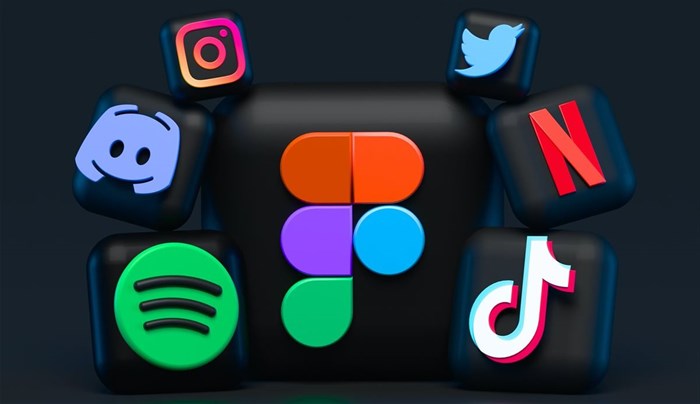D&AD 2021 social media trends

Gaming
With people seeking alternate forms of entertainment during the pandemic, gaming saw massive growth in 2020, while gaming culture as a whole has continued to expand and underpin many of the rising trends across the web.
South Africa is one of the largest video game markets in Africa. The market has overtaken the market in movies and music in the country.
If you're trying to reach younger audiences, and you're not in touch with gaming culture, you're missing out on opportunities. My favourite pieces of work included not only work that was executed on gaming platforms like Twitch but also work that got into the mind and user behaviour of gamers. This showcases the importance of meeting people where they are, engaging players where they’re consuming media, and telling great stories to create familiarity.
Tik Tok
Despite over half of humanity being under some form of lockdown, 2020 saw us being more social than ever - just on social, rather than in real life - with Facebook, Instagram, TikTok, and even LinkedIn growing - both in the number of users, and the time spent on each platform.
This year, there were so many great ways that brands utilised TikTok by tapping into young content creators and reaching a new audience. As someone who works with influencers on a daily basis, I’m starting to see fatigue in our industry when it comes to partnering with top Instagram content creators. TikTok is an untapped platform and the partnerships allow for more creativity and authenticity. Even though more and more brands are jumping on TikTok, the competition is still slim.
On that note, y'all need to stop sleeping on Gen Z
Everyone talks about what makes millennials tick or how to market to them, so we forget they’re old news. The oldest millennials are turning 40 this year. Sure, we'll still need to market to Millennials for years to come, but it's time to start focusing on Gen Z. There were so many amazing pieces of work where brands were making concerted efforts to market to Gen Z on the platforms they're using and on the topics they care about.
Generation Z is projected to hit $33tn in income by 2030 — that’s more than a quarter of all global income — and pass Millennials in spending power the year after.
The breakdown by age looks like this:
- Baby Boomers: Born between 1946 and 1964. They're currently between 57-75 years old
- Gen X: Born between 1965 and 1979/80 and is currently between 41-56 years old
- Gen Y(Millennials): Born between 1981 and 1994/1996. They are currently between 25 and 40 years old
- Gen Z: The newest generation, born between 1997 and 2012/15. They are currently between 6 and 24 years old
At first glance, Millennials and Gen Z might seem very similar. But if you look a little deeper, you start to see the subtle differences between the two generations—and these subtle differences are important to us as marketers.
Storytelling
2020 was an extremely challenging year for many businesses - and people personally. But, if 2020 taught us anything, it’s how to take the good with the bad. Providing a much-needed entertainment outlet and a way to connect with friends and family during difficult times is something we can all be proud of. The age-old past-time of storytelling came through even more last year as we saw brands using it to build their personality and create a connection with consumers.
Brands taking a stand:
Roughly a quarter (23%) of adult social media users in the United States – and 17% of adults overall – say they have changed their views about a political or social issue because of something they saw on social media in the past year, according to a July Pew Research Center survey.
Younger demographics are changing the way marketers interact with consumers. Today, consumers want their favorite brands to align with their strongest values. Younger audiences, especially, want companies to take a lead on thorny political issues and stand up for their causes in the public sphere. They also prefer a strong stance to no stance at all.
The Black Lives Matter (BLM) movement was founded by three Black women – Patrisse Cullors, Alicia Garza, and Opal Tometi – after the acquittal of the man who shot dead 17-year-old Trayvon Martin in 2013. Since then, #BlackLivesMatter has borne a global network, other organisations and dozens of local BLM chapters across the United States. 2020 was the year we took to the streets and all of social media was blacked out to raise awareness for #BLM. Brands took notice and some took a stand. There were a lot of great pieces of work that supported the movement and showcased consistent contributions to change.
A big congratulations to all the finalists and winners. Being a judge was such a valuable experience for me and I loved every second of getting to see some of the most creative work of the year.




















